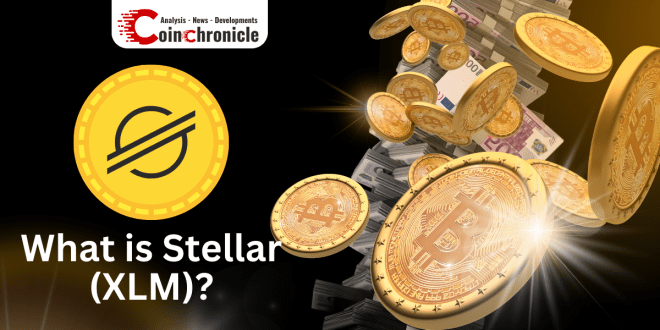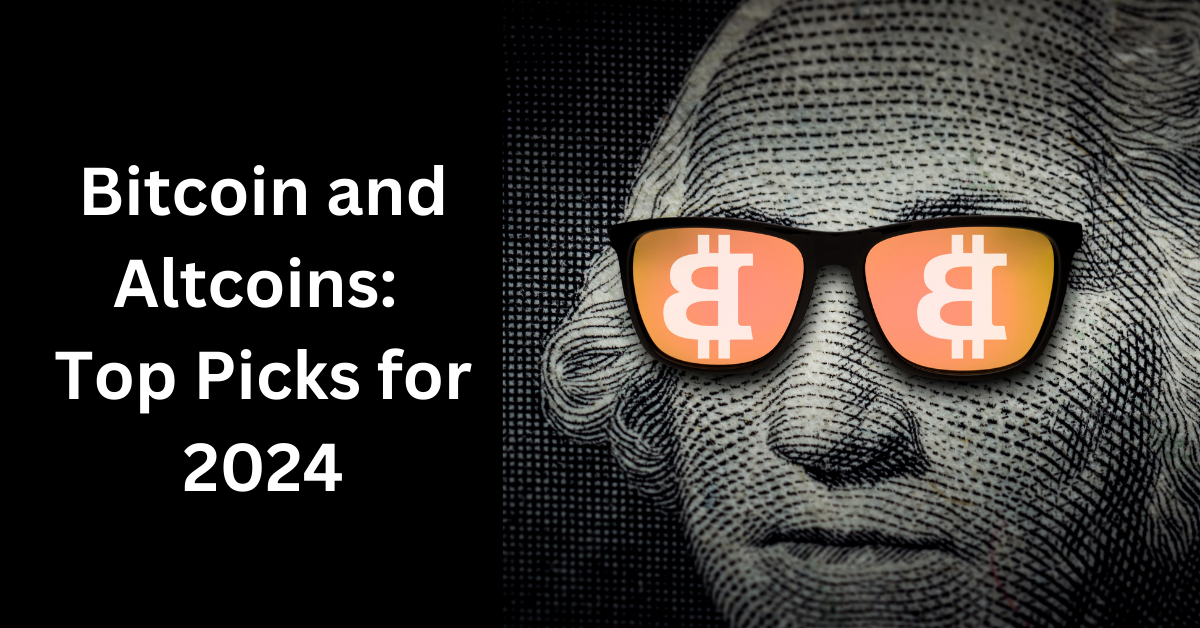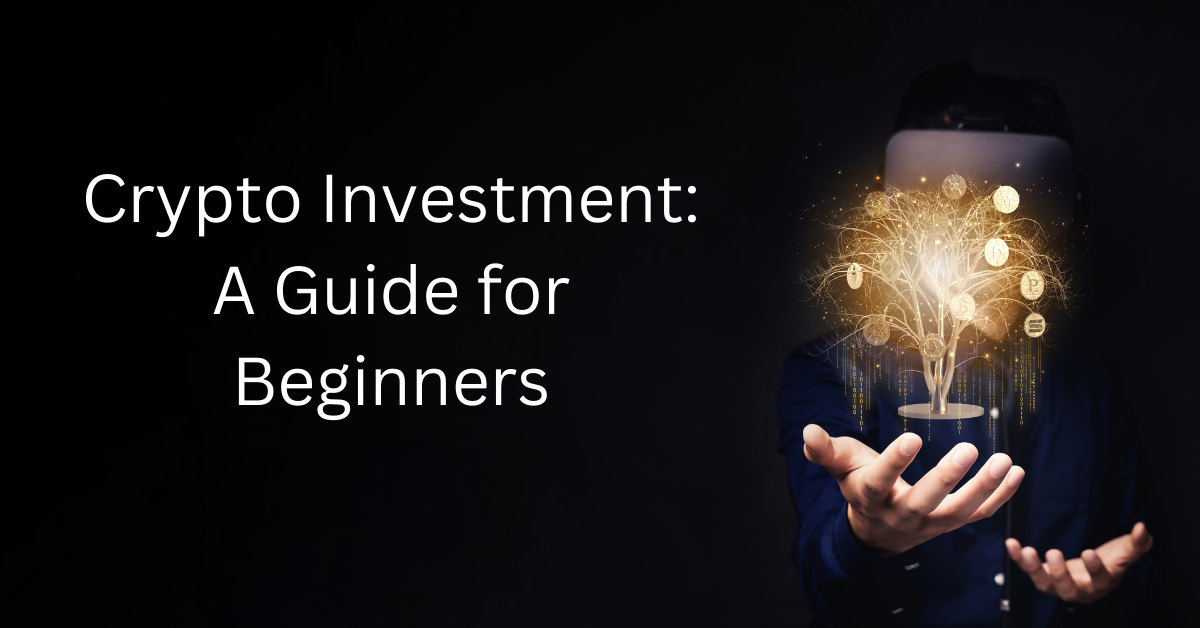Explore the evolution, technologies, adoption, impact, and future of Decentralized Autonomous Organizations (DAOs). Learn from successful case studies and governance models, and discover challenges and risks. Get involved today!The Rise of Decentralized Autonomous Organizations (DAOs)
As the landscape of business and technology continues to evolve, a new phenomenon has emerged that is reshaping the way organizations are structured and operated. Decentralized Autonomous Organizations, or DAOs, are gaining momentum as a revolutionary model for collective decision-making and resource allocation.
In this blog post, we will explore the various facets of DAOs, from their definition and historical evolution to the key technologies that underpin their infrastructure.
We will also delve into the accelerating adoption of DAOs, highlighting successful case studies and examining the different governance models that drive their operations. Furthermore, we will analyze the potential impact of DAOs on traditional business structures, as well as the challenges and risks associated with this innovative approach.
Finally, we will provide insights into the future projections for DAO development and offer guidance on how individuals and organizations can get involved with DAO initiatives. Join us on this journey as we uncover the potential and possibilities of Decentralized Autonomous Organizations.
Defining Decentralized Autonomous Organizations
Decentralized Autonomous Organizations (DAOs) are a revolutionary concept in the world of business and governance. These are organizations that operate without a centralized authority, relying on smart contracts and blockchain technology to automate decision-making processes and ensure transparency. The key defining feature of a DAO is that it is governed by a set of rules encoded into smart contracts, which are enforced by the underlying blockchain network.
DAOs are designed to operate autonomously, allowing for a wide range of decentralized decision-making activities such as fund allocation, resource management, and voting on proposals. The absence of a central authority means that decision-making power is distributed among the members of the organization, leading to a more democratic and transparent system of governance.
One of the main goals of DAOs is to eliminate the need for intermediaries and create a system of trust and cooperation that is built directly into the organization’s infrastructure. By leveraging blockchain technology, DAOs are able to achieve a high degree of security and immutability, making them resistant to censorship and tampering.
Overall, DAOs represent a new paradigm in organizational structure and governance, offering a glimpse into the future of decentralized decision-making and collaboration.
Historical Evolution of DAOs
Decentralized Autonomous Organizations (DAOs) have a rich history that dates back to the early 2010s. The concept of DAOs originated from the idea of creating digital organizations that operate without centralized control. This concept was realized with the creation of The DAO, a crowdfunded venture capital fund that was built on the Ethereum blockchain in 2016. However, The DAO was hacked shortly after its launch, leading to the infamous Ethereum hard fork that resulted in the creation of Ethereum and Ethereum Classic.
Following the incident with The DAO, there was a period of apprehension and skepticism surrounding the concept of DAOs. However, this setback also led to increased awareness and interest in improving the security and functionality of DAOs. As a result, developers and innovators in the blockchain space continued to work on advancing the infrastructure and governance models of DAOs.
The historical evolution of DAOs took a significant turn with the emergence of projects such as Aragon and MolochDAO. These projects introduced new governance mechanisms and decentralized decision-making processes, laying the foundation for more robust and resilient DAO infrastructures. Additionally, the integration of smart contract technology and the development of decentralized finance (DeFi) applications further propelled the evolution of DAOs, providing new use cases and opportunities for decentralized governance.
Today, DAOs continue to evolve and expand, with organizations and communities exploring the potential of decentralized decision-making and collaborative management. The historical evolution of DAOs serves as a testament to the resilience and adaptability of decentralized systems, paving the way for a future where traditional hierarchical structures may be challenged by autonomous and decentralized organizations.
Key Technologies Behind DAO Infrastructure
Decentralized Autonomous Organizations (DAOs) are revolutionizing the way businesses and communities operate. At the core of this innovation are key technologies that enable the infrastructure of DAOs to function seamlessly and securely.
One of the key technologies behind DAO infrastructure is blockchain. Blockchain technology provides the foundation for transparency, security, and immutability within DAOs. Through the use of smart contracts, blockchain allows for the automation of processes and decision-making within the organization, ensuring that all transactions and governance decisions are executed without the need for intermediaries.
Another essential technology supporting DAO infrastructure is decentralized storage. With the vast amount of data and information involved in DAO operations, decentralized storage solutions ensure that information is stored securely and redundantly across a network of nodes, reducing the risk of data loss or tampering.
Additionally, cryptographic algorithms play a crucial role in securing the integrity and privacy of data within DAO infrastructure. End-to-end encryption and hashing algorithms are used to protect sensitive information and communications, ensuring that only authorized parties have access to the data.
The Acceleration of DAO Adoption
Decentralized Autonomous Organizations (DAOs) have been gaining momentum in recent years as more and more businesses and individuals recognize the potential benefits of this innovative model. The acceleration of DAO adoption is evident in the increasing number of projects and initiatives being launched in various industries.
One of the key drivers behind the rapid growth of DAO adoption is the advancements in blockchain technology. As blockchain continues to mature and become more scalable and secure, it provides a solid foundation for the development and implementation of DAO infrastructure.
Furthermore, the global shift towards decentralization in finance, governance, and other sectors has led to a growing interest in exploring the potential of DAOs. This trend is fueled by a desire for greater transparency, inclusivity, and efficiency in decision-making processes.
As the impact of DAOs on traditional business becomes more apparent, organizations are becoming increasingly open to integrating decentralized models into their operations. This heightened awareness and acceptance of DAOs is contributing to the widespread adoption of this innovative approach to organizational structure and governance.
Case Studies: Successful DAO Examples
Decentralized Autonomous Organizations (DAOs) have gained significant attention in recent years due to their potential to revolutionize traditional business models and create more transparent and efficient systems. As the concept of DAOs continues to evolve, it is important to analyze successful examples of DAOs that have made a significant impact in various industries.
One notable example of a successful DAO is The DAO, which was a decentralized venture capital fund that aimed to provide funding for various projects through smart contracts. Despite facing challenges and ultimately encountering a security breach, The DAO demonstrated the potential for decentralized decision-making and funding allocation.
Another successful DAO example is MolochDAO, which is a decentralized grant funding organization that supports projects in the Ethereum ecosystem. MolochDAO has effectively demonstrated the ability to pool resources from multiple contributors and distribute funds based on community consensus, showcasing the power of decentralized governance.
Additionally, MakerDAO stands as a successful example of a decentralized lending platform that enables users to generate stablecoin loans without the need for traditional intermediaries. This exemplifies the potential for decentralized finance (DeFi) to provide financial services in a more inclusive and efficient manner.
Governance Models in DAOs
When it comes to governance models in Decentralized Autonomous Organizations (DAOs), it’s important to understand how decisions are made within these innovative structures. DAOs operate on a system of distributed consensus, where members collectively determine the direction and actions of the organization. One common governance model in DAOs is the use of voting mechanisms to make decisions. Members can propose initiatives, and the community votes on whether to implement them or not.
Another governance model involves the use of delegated voting, where members can delegate their voting power to representatives who then vote on their behalf. This model allows for more efficient decision-making processes and reduces voter fatigue. Additionally, some DAOs implement liquid democracy, a hybrid system that combines direct voting with delegation, allowing members to vote on issues directly or delegate their votes to representatives.
Furthermore, DAOs may adopt a merit-based governance model, where decisions are made based on a member’s contributions, expertise, and reputation within the community. This model rewards active and dedicated members by giving them more influence in the decision-making process.
Overall, the governance models in DAOs play a crucial role in shaping their operations and ensuring that decisions are made in a fair and transparent manner. As DAOs continue to evolve, new governance models may emerge, further enhancing the democratic and participatory nature of these decentralized organizations.
Impact of DAOs on Traditional Business
Decentralized Autonomous Organizations (DAOs) have the potential to completely revolutionize the way traditional businesses operate. By removing the need for centralized control, DAOs open up new possibilities for collaboration, decision-making, and resource allocation. This shift away from hierarchical structures has the potential to create more efficient and transparent business processes, ultimately leading to increased productivity and innovation.
One of the key impacts of DAOs on traditional business is the potential for greater inclusivity and diversity in decision-making. With DAOs, all participants have the opportunity to contribute to the decision-making process, regardless of their position within the organization. This can lead to more diverse perspectives being taken into account, ultimately resulting in better decision-making and outcomes for the business as a whole.
Additionally, DAOs have the potential to reduce the need for intermediary parties, such as managers or supervisors, in the decision-making process. This can lead to a more streamlined and efficient decision-making process, as well as reduced costs for the business. By leveraging smart contracts and blockchain technology, DAOs can automate many of the processes that traditionally required human intervention, leading to cost savings and improved efficiency.
Overall, the impact of DAOs on traditional business is multifaceted and far-reaching. From changing the way decisions are made to streamlining business processes, DAOs have the potential to transform the traditional business landscape in a significant way.
Challenges and Risks with DAOs
Decentralized Autonomous Organizations (DAOs) have emerged as a novel way to organize and manage decentralized projects and communities. However, like any new technology or concept, they come with their fair share of challenges and risks.
One of the key challenges with DAOs is their vulnerability to security breaches and attacks. Because they operate on blockchain technology, they are susceptible to hacks and vulnerabilities in their code, which can result in loss of funds and compromised governance.
Another challenge with DAOs is the lack of regulatory clarity. The decentralized nature of DAOs makes it difficult for traditional regulatory bodies to understand and regulate them effectively. This can lead to legal uncertainties and potential conflicts with existing laws and regulations.
Additionally, DAOs face governance challenges due to their decentralized decision-making processes. Without a central authority or hierarchy, reaching consensus on important issues can be a lengthy and complex process, leading to potential gridlock and inefficiencies.
Finally, DAOs also face the risk of internal conflicts and power struggles among their members. With no clear leadership structure, it can be challenging to maintain cohesiveness and alignment of interests within the organization.
Future Projections for DAO Development
Decentralized Autonomous Organizations (DAOs) have been gaining momentum in recent years, and their development is projected to continue growing in the future. As technology advances and more industries adopt blockchain and decentralized systems, the opportunities for DAOs to expand and evolve are vast.
With the potential to revolutionize traditional business models and reshape governance structures, the future of DAO development looks promising.
One projection for DAO development is the increased integration of smart contract technology. Smart contracts enable automated and trustless interactions, allowing for seamless and transparent decision-making processes within DAOs. As smart contract platforms continue to improve and become more user-friendly, the development of DAOs is likely to accelerate.
Another projection is the diversification of use cases for DAOs. While DAOs have primarily been associated with blockchain-based ventures, the potential for their application in various industries is vast. From decentralized finance to supply chain management, DAOs have the potential to disrupt and innovate across multiple sectors.
Furthermore, the future of DAO development may involve advancements in governance models and decision-making mechanisms. As DAOs continue to grow in complexity and scale, new governance frameworks and voting mechanisms are likely to emerge, allowing for more inclusive and efficient decision-making processes.
Getting Involved with DAO Initiatives
Decentralized Autonomous Organizations (DAOs) are revolutionizing the way people collaborate, make decisions, and govern themselves. As the adoption of DAOs continues to grow, more and more individuals are seeking ways to get involved with these innovative initiatives.
Whether you are a developer, investor, or simply someone passionate about decentralized governance, there are numerous opportunities to contribute to DAOs and be a part of this exciting movement.
One way to get involved with DAO initiatives is to participate in the creation and development of new DAOs. This can involve contributing to the coding and infrastructure of the organization, as well as providing input on the governance and decision-making processes.
Developers with expertise in blockchain technology and smart contracts are highly sought after in the DAO community, as their skills are essential for building and maintaining DAO infrastructure.
Another way to engage with DAO initiatives is to become an active member of existing DAOs. Many DAOs are open to new members joining their ranks and participating in their governance structures. By becoming a member of a DAO, individuals can have a direct impact on the organization’s operations, decision-making, and future direction.
This can be an exciting opportunity for those who are passionate about decentralized governance and want to contribute to the growth of a specific community or cause.
Furthermore, individuals can get involved with DAO initiatives by supporting and investing in DAO tokens and governance proposals. Many DAOs operate on blockchain networks and issue their own tokens that grant holders certain rights and privileges within the organization. By acquiring and holding these tokens, individuals can actively participate in the governance of the DAO and have a say in its decision-making processes. Additionally, individuals can vote on proposals, submit new ideas, and provide financial support to initiatives they believe in.
 Crypto Journal: Analyses, News, and Developments – Coin Chronicle Platform Coin Chronicle is your go-to source in the dynamic world of cryptocurrencies.
Crypto Journal: Analyses, News, and Developments – Coin Chronicle Platform Coin Chronicle is your go-to source in the dynamic world of cryptocurrencies.



